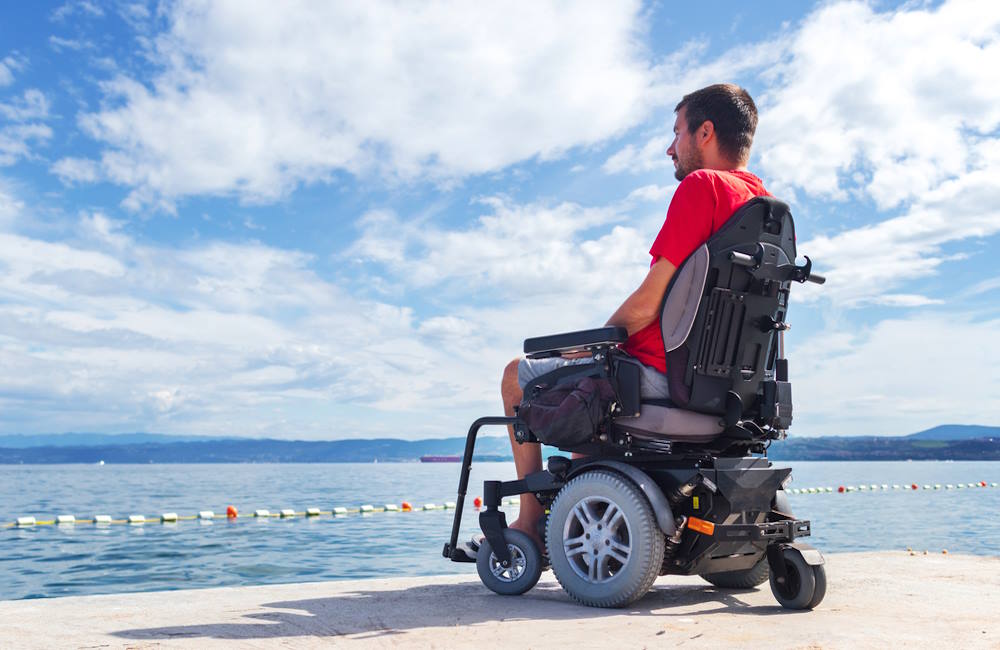
Traveling with a neuromuscular disease presents unique challenges, but with careful planning and the right resources, it remains an achievable goal. The key to success is planning ahead and seeking the right support when needed.
Neuromuscular diseases encompass a range of conditions that impair muscle function due to nerve or muscle abnormalities. These include amyotrophic lateral sclerosis (ALS), muscular dystrophy, and spinal muscular atrophy, among others. Each condition varies in severity and progression, necessitating personalized travel preparations to ensure safety and comfort.
Those who fly with chronic health conditions may find that traveling with a flight nurse who works with a non-emergency medical transport company can make the journey run more safely and smoothly. Flight nurses specialize in traveling with those who fly on commercial flights, giving them the peace of mind of being accompanied by a trained medical professional.
Tips For Traveling With Neuromuscular Disease
The following provides essential tips for traveling with a neuromuscular disease to ensure safety, comfort, and a stress-free experience.
Consult Your Healthcare Provider
Before deciding to fly, consult with your healthcare provider to assess your fitness for travel and to discuss any necessary precautions. Obtain a letter from your physician detailing your medical condition, current medications, potential complications, and any special requirements. This documentation can be invaluable when navigating airport security and in the event of a medical emergency during your trip.
Plan Ahead For Medication and Insurance
Ensure you have an ample supply of medications to last the duration of your trip, plus extra in case of delays. It’s advisable to carry medications in their original packaging within your carry-on luggage to prevent issues with security and to maintain easy access. Also, verify that your health insurance provides coverage at your destination or purchase additional medical travel insurance.
Navigating Air Travel
Communication with airlines and transportation services is essential for a stress-free journey. Contact the airline in advance to arrange for special assistance, such as wheelchair services, priority boarding, or seating that accommodates your needs. If you use medical devices like ventilators or oxygen concentrators, inform the airline beforehand to ensure their compatibility with airline policies. Navigating airport security can be a challenge, but programs like TSA Cares can assist travelers with disabilities, making the process smoother.
Security procedures can be more complex for travelers with medical devices or mobility aids. Arriving at the airport earlier than usual allows ample time to navigate these processes without added stress.
In-Flight Considerations
During the flight, maintaining comfort is paramount. If mobility is limited, plan for in-flight needs such as restroom access. Some airlines provide onboard wheelchairs, but assistance may be limited. Ensure that any medical equipment has sufficient battery life for the duration of the flight, as in-seat power availability can vary between aircraft.
Accommodation and Accessibility at Destination
Research your destination thoroughly to confirm that accommodations, transportation, and planned activities are accessible and can meet your specific needs. Many hotels and venues will provide detailed information about accessibility features. Consider reaching out directly to discuss any concerns and to make necessary arrangements.
NEMT Support Services
Engaging the services of a flight nurse can provide additional support, ensuring that medical needs are managed throughout the journey. They can assist with tasks ranging from medication management to mobility support, offering peace of mind and allowing you to focus on enjoying your travels.
Also, RN flight coordinators can make all the arrangements for your trip, taking your condition into account when planning every phase of the journey.
Traveling with a neuromuscular disease requires meticulous planning and consideration of various factors to ensure a safe and comfortable experience. By consulting healthcare providers, coordinating with airlines, and using available support services, those with neuromuscular conditions can continue to explore and enjoy travel opportunities.
